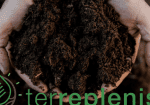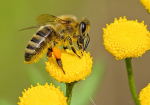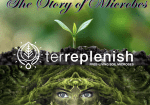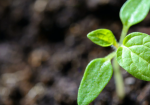Kitchen Herbalism: 6 Medicinal Spices and Herbs
November 16, 2020
There are so many common kitchen herbs and spices that we all love to add to our favorite dishes, teas, breads, soups, etc,. and some of us even grow them ourselves! In addition to the tasty, diverse flavors that these herbs and spices add to our food, not many people know that these common herbs and spices contain medicinal healing properties as well. What better way to go into the holiday season than to learn of our beloved spices that we add to our holiday and winter meals.
I can only begin to explore a sliver of the vast healing properties that are contained in each herb or spice that I explore here, as plants are incredibly diverse and have plenty more healing aspects to them than what I can mention here. Perhaps this blog will inspire you to develop your own relationship to the plants themselves as well as the inspiration to learn more about the many healing wonders that they offer.
Let’s explore just 6 of the many common kitchen herbs and spices that offer incredible healing properties to our plates, homes, and bodies. There are many you can grow or buy to add to your home-cooked meals, teas, and kitchen apothecary. Food is medicine!
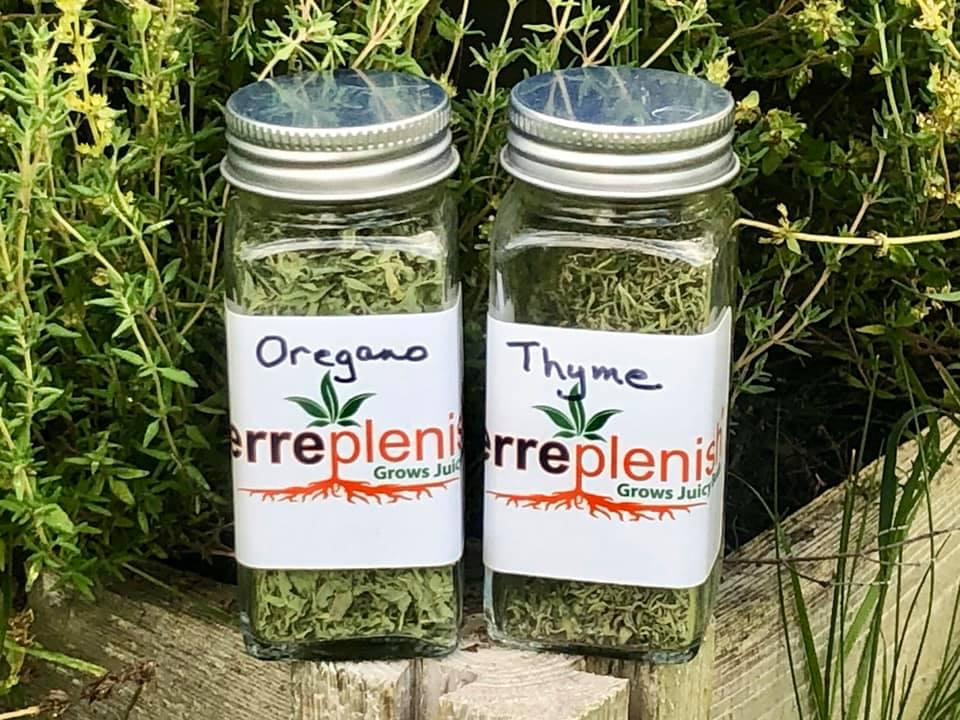
Herbs
Oregano
Oregano is native to Mediterranean countries and western Asia. It contains more antioxidant activity than apples or blueberries and the oils in oregano are extremely effective anti-bacterial and anti-fungal. Oregano has a wide range of minerals and vitamins including manganese, vitamin K, calcium, and iron.
Oregano is native to Mediterranean countries and western Asia. It contains more antioxidant activity than apples or blueberries and the oils in oregano are extremely effective anti-bacterial and anti-fungal. Oregano has a wide range of minerals and vitamins including manganese, vitamin K, calcium, and iron.
Here is a delicious oregano infused honey recipe: https://mountainmommaorganics.com/product/oregano/?doing_wp_cron=1605585252.4253849983215332031250
Thyme
Thyme is native to Eurasia and has been cultivated all around the world. This plant has antispasmadic properties, which means it help to relax veins and arteries, which in turn lowers blood pressure and eases stress on the heart. One of the active compounds in thyme called “thymol” stimulates peristaltic muscle movements so that food is not held in the stomach for prolonged periods of time. The antispasmodic action of this herb is also shown to suppress coughs. Thyme contains vitamin C, vitamin A, fiber, riboflavin, iron, copper and manganese, and doses of vitamin B6, folate, phosphorus, potassium and zinc.
Turkey roasted in thyme: https://www.simplyorganic.com/community/recipe/Savory-Spiced-Turkey-Rub
Rosemary
The rosemary bush is native to South America and the Mediterranean region. It has long been used in cooking and has also been used as long, if not longer, as a medicine. How? The powerful antioxidant properties within this herb is said to aid in the slowing down of rancidity and preserve nutrients, flavor and color. The antioxidants and anti-inflammatory compounds it contains is known to help improve blood circulation and boost the immune system. Rosemary can help support digestion, heartburn, and liver function. It contains vitamin A, vitamin B6, and folate, iron, magnesium, calcium, and manganese.
Here is a wonderful rosemary tea recipe: https://www.acouplecooks.com/rosemary-tea/
Spices
Cinnamon
Cinnamon is native to Sri Lanka and has been cultivated in South America and the west Indies. Cinnamon is high in cinnamaldehyde, which is said to be responsible for cinnamons medicinal benefits. One of these benefits includes it’s ability to fight off all kinds of infection. It has anti-inflammatory and antioxidant properties and can dramatically reduce insulin resistance, which lowers blood pressure.
Vanilla cinnamon almond butter recipe: https://livinghealthywithchocolate.com/desserts/jams-nut-butters/vanilla-cinnamon-almond-butter-recipe-5817/
Turmeric
Turmeric is native to South Asia. This root has been used in India for thousands of years as a spice and medicinal herb. One of the compounds that gives turmeric it’s healing properties is called curcumin. The content of this compound is quite low in the root itself and in order to consume the amount needed to provide the most benefits, its best to take a turmeric supplement that has high amount of curcumin. However, you can still get some of the medicinal qualities from the root by adding black pepper and some fat to activate the compound. Curcumin is a strong anti-inflammatory and boosts the activity of the bodies antioxidant enzymes. Curcumin supports the brain and heart and can help those who struggle with depression by boosting the brain neurotransmitters serotonin and dopamine.
Ginger
Ginger is native to Asia. Ginger has a long history of use in traditional and alternative medicine. It has, you guessed it, anti-inflammatory and antioxidant properties. It can help support nausea, ease menstrual cramps, relieve indigestion, and regulate blood sugar levels. It also has anti-bacterial, anti-viral, and supports the respiratory system. Ginger contains vitamin B3 and B6, iron, potassium, vitamin C, magnesium, phosphorus, zinc, and folate.
Try this amazing golden milk recipe with turmeric and ginger: https://www.ora.organic/recipes/golden-turmeric-latte/
Resources and references:
Adaptogens by David Winston and Steven Maimes
The Gift of Healing Herbs by Rosemary Gladstar
Related Posts
Grow Better with Terreplenish®
Proven nitrogen-fixing results from our blend of proprietary
free-living nitrogen-fixing microbes.
100% all natural and OMRI listed for organic use on:


